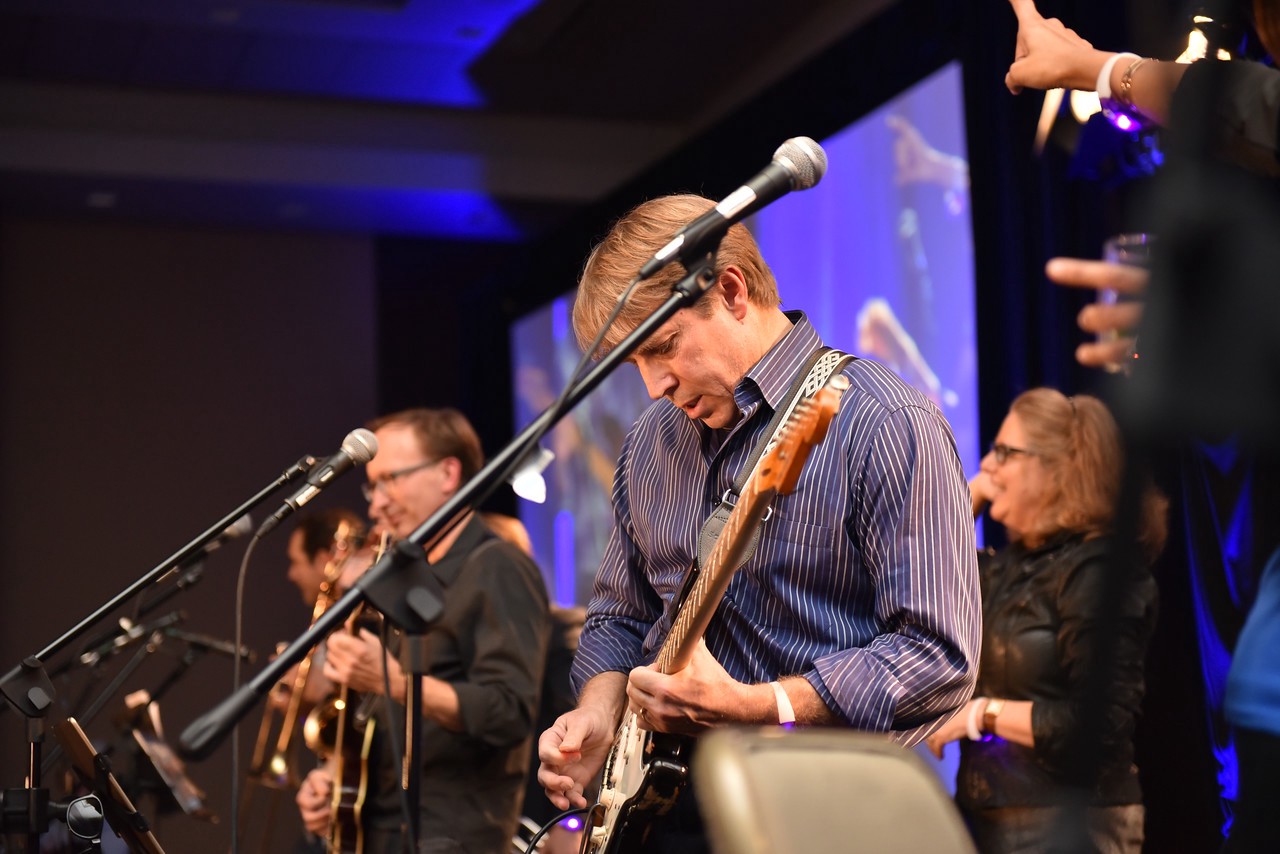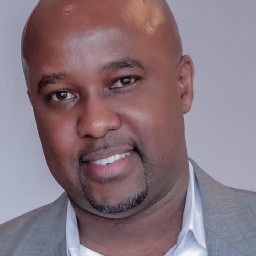The Future is not what it used to be- Africa and Education of Tomorrow by Guest Writer
June 25, 2020 africa / Agriculture / Chemistry / China / Education / Engineering / English / Facebook / innovation / music / OECD / Philosophy / physics / Russia / science / Stanford / technology / USA
Why the US got it right
Every three years the Organization for Economic Co-operation and Development (OECD) carries out the Program for International Student Assessment (PISA). This assessment measures what more than 600,000, 15-year-old students have learned in math, reading and science. Similar to many years, in 2019 US scored below average in mathematics. The US student’s scores were similar to those of Australia, Germany, New Zealand, Sweden and the United Kingdom in at least two subjects. On receiving this latest report, the US Secretary for Education, Betsy DeVos said, “The bottom line is there has not been a single study that shows American education is improving enough. ” DeVos went further to acknowledge that “we are being outpaced not only by our global competitors like China and Russia, but also by countries like Estonia, Finland and Canada.” This might explain why in the recent past we have seen a push for Science Technology Engineering and Math (STEM).
Growing up, I was led to believe that sciences was really the way to go if one wanted to change the world. Innovation was firmly linked to sciences and technology. I recall nights spent with my friends; Moses, Edu, Nick, Sokii, Brian and others deriving complex equations before using them to solve a certain problem in Physics or Math. In hindsight, that was to a large extent a waste of time. Having said that, I cannot discount the value of the analytical skills learned along the way. The methodical approach to life’s problems have proven valuable but only to a certain point. However, a good mix of arts with the sciences in the African education system should be seriously considered as the way to go moving forward.
I have spent so much time thinking about how the continent can be replete with geniuses but remains lagging in technological achievements. I believe the real issue lies in the minimization of the role of arts while sciences are amplified. The real solution is placing more emphasis on arts. I would even go further to suggest maximizing the role of arts, this theory is supported by evidence I am about to highlight.
Where Africa’s Gap Is
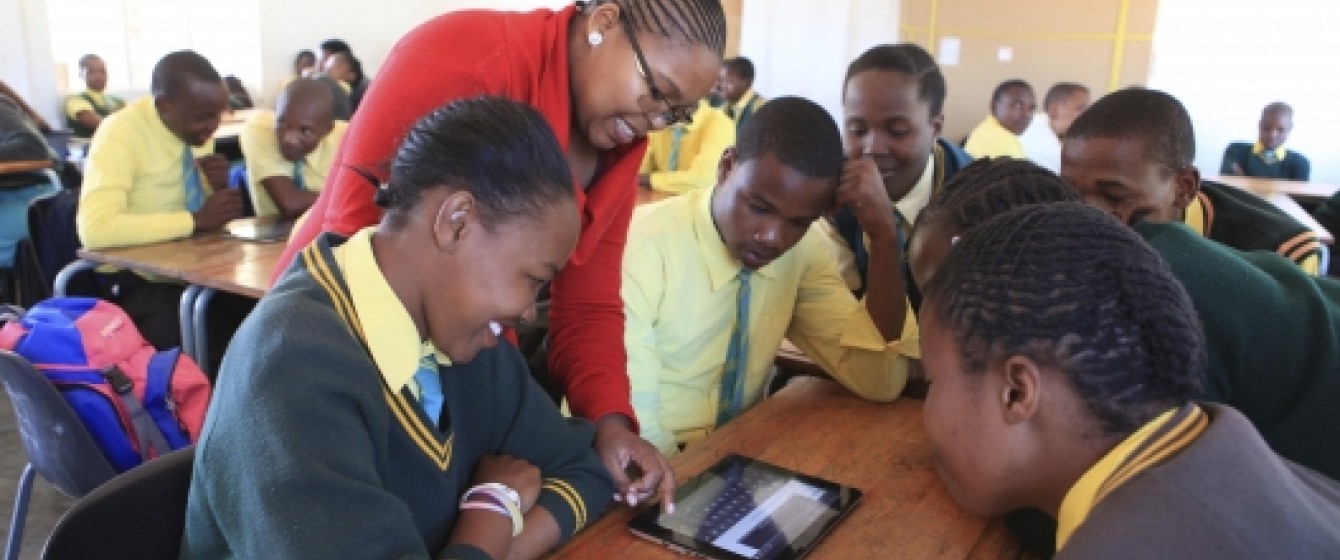 While sciences have been revered on the continent and viewed as the only means for innovation, the US case has proved this philosophy to be inaccurate. What the US has mastered that has kept her a leader in technology and innovation despite poor performance in math has been the arts? Let us take a brief journey back in time. I believe that writing and not the artificial intelligence or the internet was simply the most important innovation of all time. This technology primarily designed to record accounts fast exploded into a means of informing, recording and expressing all of the political, social, cultural, historical, and most interestingly, private, thoughts and actions of all walks of society Subsequently, the invention of printing press allowed for literacy to be readily expanded. This allowed us to share large amounts of information quickly and in huge numbers. Imagine a world without newspapers or libraries today.
While sciences have been revered on the continent and viewed as the only means for innovation, the US case has proved this philosophy to be inaccurate. What the US has mastered that has kept her a leader in technology and innovation despite poor performance in math has been the arts? Let us take a brief journey back in time. I believe that writing and not the artificial intelligence or the internet was simply the most important innovation of all time. This technology primarily designed to record accounts fast exploded into a means of informing, recording and expressing all of the political, social, cultural, historical, and most interestingly, private, thoughts and actions of all walks of society Subsequently, the invention of printing press allowed for literacy to be readily expanded. This allowed us to share large amounts of information quickly and in huge numbers. Imagine a world without newspapers or libraries today.
Case Studies- Imagination Decides Everything
Eric Nshimiye
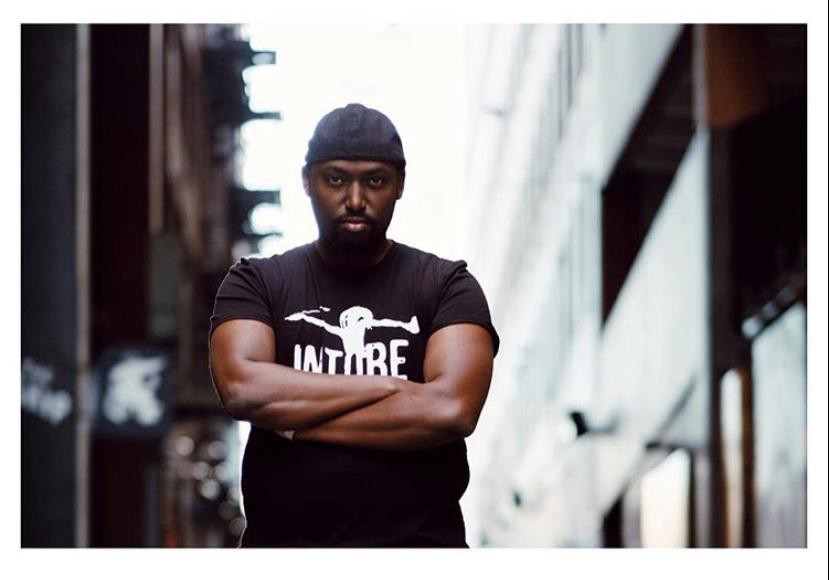 One of the best minds I have ever interacted with is Eric Nshimye. I have known this gentleman for more than two decades. Working on his doctorate in Aerospace Engineering and Mechanical Engineering from Notre Damme and Purdue Universities, Eric is the church pianist. I vividly recall Eric being mentioned as the best Agriculture student in the whole of Uganda during the ordinary level exam in his year. While he had a distinction in agriculture, he also had the same in chemistry and physics. He is a professional photographer and the IPU Podcast producer. With two patents (Aerospace and Automotive) to his name, Eric remains one of the most talented people I know.
One of the best minds I have ever interacted with is Eric Nshimye. I have known this gentleman for more than two decades. Working on his doctorate in Aerospace Engineering and Mechanical Engineering from Notre Damme and Purdue Universities, Eric is the church pianist. I vividly recall Eric being mentioned as the best Agriculture student in the whole of Uganda during the ordinary level exam in his year. While he had a distinction in agriculture, he also had the same in chemistry and physics. He is a professional photographer and the IPU Podcast producer. With two patents (Aerospace and Automotive) to his name, Eric remains one of the most talented people I know.
Mark Zuckerberg
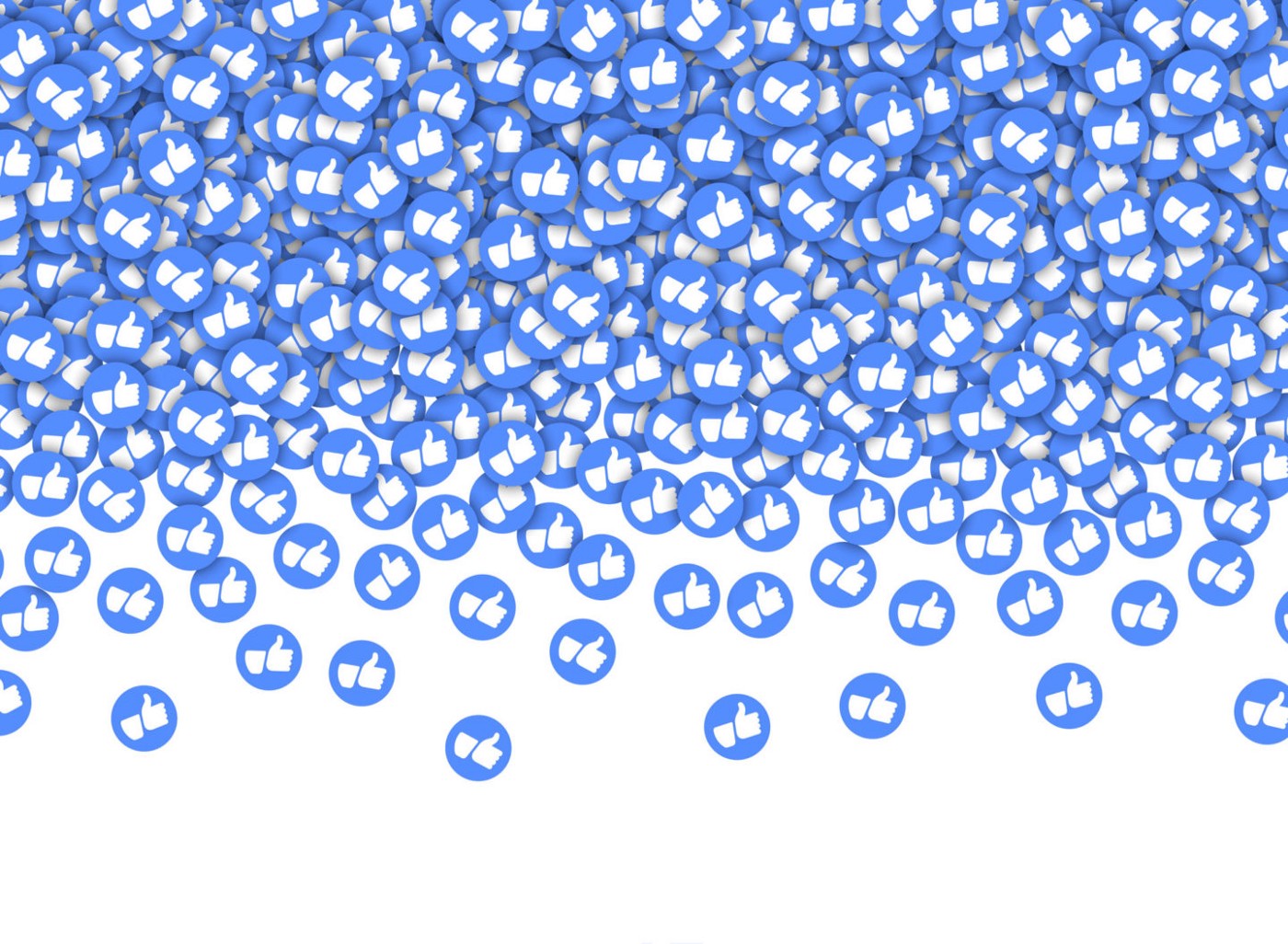 Almost half of 18 to 34-year old check Facebook as soon as they wake up. Studies have shown that Facebook is even more additive than cigarettes. According to Pew Research Center, 74% of the US Facebook users visit the site on a daily basis. This company valued at $677B today is at the core more about psychology than science. Mark Zuckerberg was actually a Harvard psychology major that took many computer science classes. It’s the arts side that features in the more prominent aspects of Facebook. Studies have connected Facebook to the brain’s reward center known as nucleus accumbens. This is the area that processes rewarding feelings like money and sex. When peoples Facebook “likes” were fed into an algorithm one was able to predict whether someone was White or African American with 95% accuracy, whether they were a gay male with 88% accuracy, and even identified participants as a Democrat or Republican with 85% accuracy. The ‘likes’ list predicted gender with 93% accuracy and age could be reliably determined 75% of the time. During his talk at Birmingham Young University, Mr. Zuckerberg said Facebook is “as much psychology and sociology as it is technology.”
Almost half of 18 to 34-year old check Facebook as soon as they wake up. Studies have shown that Facebook is even more additive than cigarettes. According to Pew Research Center, 74% of the US Facebook users visit the site on a daily basis. This company valued at $677B today is at the core more about psychology than science. Mark Zuckerberg was actually a Harvard psychology major that took many computer science classes. It’s the arts side that features in the more prominent aspects of Facebook. Studies have connected Facebook to the brain’s reward center known as nucleus accumbens. This is the area that processes rewarding feelings like money and sex. When peoples Facebook “likes” were fed into an algorithm one was able to predict whether someone was White or African American with 95% accuracy, whether they were a gay male with 88% accuracy, and even identified participants as a Democrat or Republican with 85% accuracy. The ‘likes’ list predicted gender with 93% accuracy and age could be reliably determined 75% of the time. During his talk at Birmingham Young University, Mr. Zuckerberg said Facebook is “as much psychology and sociology as it is technology.”
In the science world many know James as the father of immune checkpoint blockade, an entirely new way of treating cancer that is yielding unprecedented results. His drug, ipilimumab (Yervoy) is the first ever to improve survival for patients with advanced melanoma. However, when he is not in the lab, James and his fellow immunologists spread across multiple institutions and companies in the US form a band called The Check Points. This band is was named after the work that won James Allison the 2018 Nobel Prize. James Allison is an expert harmonica player and has even played with the famous Willie Nelson.
Leonardo da Vinci
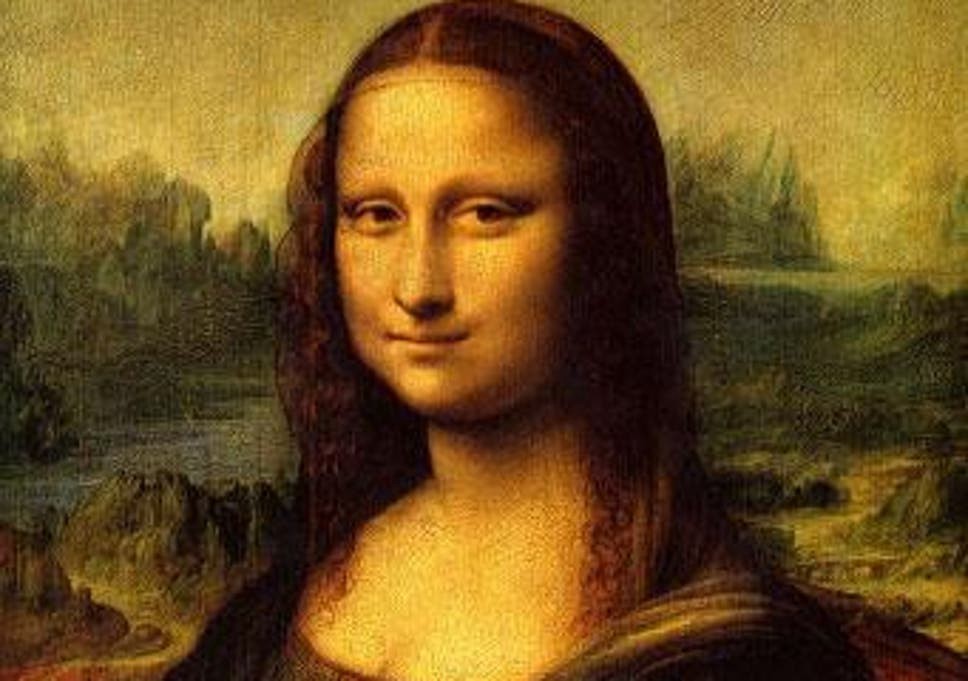 Leonardo played off the strengths of both the logical and the creative parts of the brain. As much as he was superb artist, painter, and sculptor, he was also an inventor. In the 1960s, the Mona Lisa painting went on a tour where it was given an insurance valuation of $100 million. In a recent interview the founder of Fabernovel, Stephane Distinguin suggested that France should sell the Leonardo’s Mona Lisa for €50 billion (£44.7 billion). To cover the COVID-19 costs. This value is equal to more than Africa’s bottom 17 country’s GDP combined. The last supper is an event chronicled in all four of the Gospels. This event marked the first celebration of the Eucharist, a ritual still performed today. This previously undiscovered piece was priced at $15.8M by French auction house Tajan. One the other hand, Leonardo is believed to have conceptually invented the parachute, armored tank, machine gun, helicopter. Leonardo also greatly advanced the state of knowledge in the fields of anatomy, astronomy, civil engineering, optics, and the study of water (hydrodynamics), just to mention a few.
Leonardo played off the strengths of both the logical and the creative parts of the brain. As much as he was superb artist, painter, and sculptor, he was also an inventor. In the 1960s, the Mona Lisa painting went on a tour where it was given an insurance valuation of $100 million. In a recent interview the founder of Fabernovel, Stephane Distinguin suggested that France should sell the Leonardo’s Mona Lisa for €50 billion (£44.7 billion). To cover the COVID-19 costs. This value is equal to more than Africa’s bottom 17 country’s GDP combined. The last supper is an event chronicled in all four of the Gospels. This event marked the first celebration of the Eucharist, a ritual still performed today. This previously undiscovered piece was priced at $15.8M by French auction house Tajan. One the other hand, Leonardo is believed to have conceptually invented the parachute, armored tank, machine gun, helicopter. Leonardo also greatly advanced the state of knowledge in the fields of anatomy, astronomy, civil engineering, optics, and the study of water (hydrodynamics), just to mention a few.
Steve Jobs
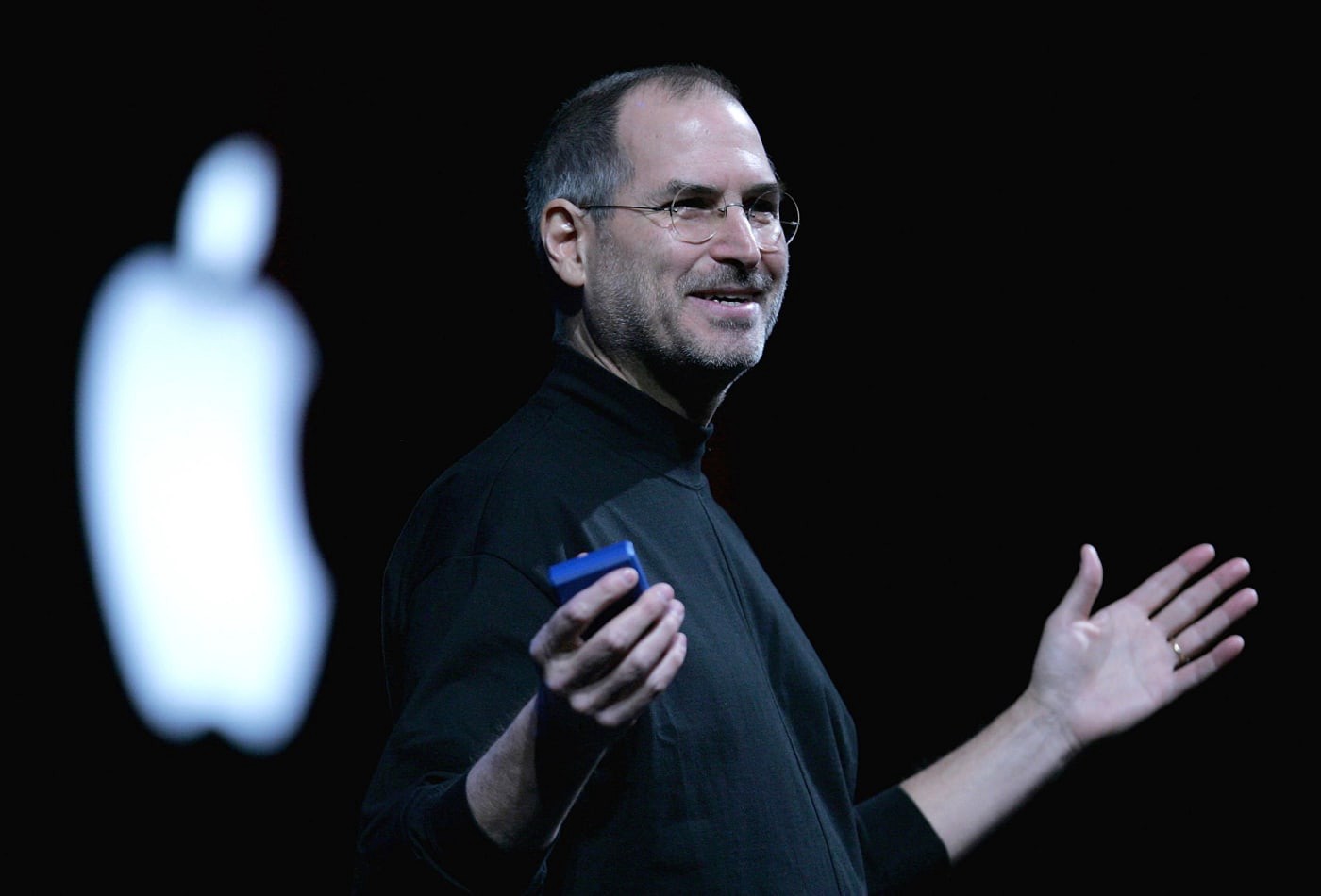 Steve Jobs remains one of the most exciting innovators of our times. As of January 2020, Apple was worth $1.3 trillion dollars which is 66% of the whole of Africa’s GDP. Even though Apple is known for its technology advancements, Steve attributes his and Apples success to the arts. Prior to Apple, Steve transformed Pixar into a into a movie making powerhouse. Since the release of Toy Story, 25 years ago every one of their movies have become a commercial success averaging $550M per movie. During the launch of the iPad 2, Jobs said “It is in Apple’s DNA that technology alone is not enough, it’s technology married with liberal arts, married with the humanities, that yields us the results that make our heart sing.” In his 2005 commencement speech at Stanford University, Steve noted that it was his sitting in on Palladiono’s Calligraphy class at Reed College that inspired the elegance for which the apple computers are renowned for. He said, “If I had never dropped out, I would have never dropped in on this calligraphy class, and personal computers might not have the wonderful typography that they do. Of course, it was impossible to connect the dots looking forward when I was in college. But it was very, very clear looking backwards ten years later”.
Steve Jobs remains one of the most exciting innovators of our times. As of January 2020, Apple was worth $1.3 trillion dollars which is 66% of the whole of Africa’s GDP. Even though Apple is known for its technology advancements, Steve attributes his and Apples success to the arts. Prior to Apple, Steve transformed Pixar into a into a movie making powerhouse. Since the release of Toy Story, 25 years ago every one of their movies have become a commercial success averaging $550M per movie. During the launch of the iPad 2, Jobs said “It is in Apple’s DNA that technology alone is not enough, it’s technology married with liberal arts, married with the humanities, that yields us the results that make our heart sing.” In his 2005 commencement speech at Stanford University, Steve noted that it was his sitting in on Palladiono’s Calligraphy class at Reed College that inspired the elegance for which the apple computers are renowned for. He said, “If I had never dropped out, I would have never dropped in on this calligraphy class, and personal computers might not have the wonderful typography that they do. Of course, it was impossible to connect the dots looking forward when I was in college. But it was very, very clear looking backwards ten years later”.
As far ack as 1878 the winner of the first Nobel prize in Chemistry, Henricus pointed out that most famous scientists did have artistic predispositions. He proceeded to cite examples like such as Isaac Newton the prolific painter and Galileo Galilei the poet. It all made sense to him because science was creative at the core. Anyone can make an unthinking observation, but he remarked that it takes a tremendous amount of imagination to conjure up theories and the tests to prove them.
Science without conscience is but the ruin of the soul
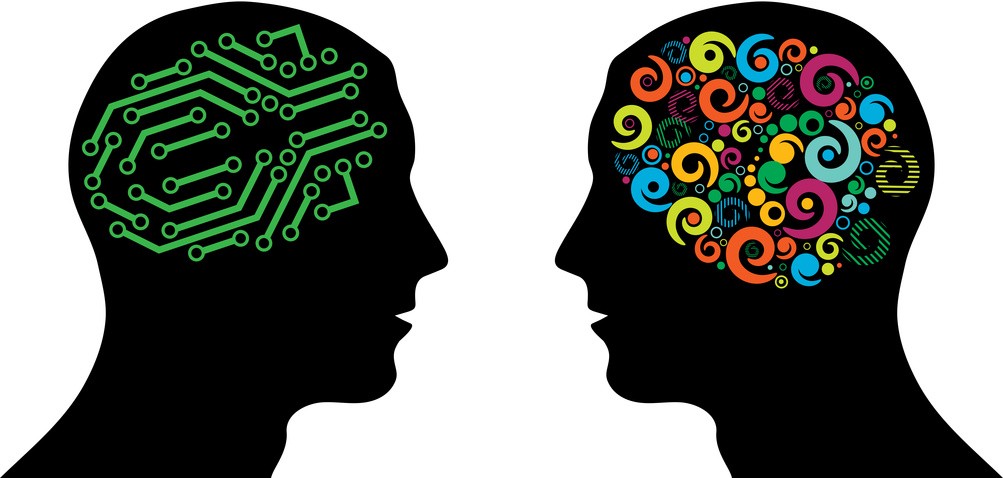 The founder of Alibaba, Jack Ma stated that the Chinese education system teaches very well but does not unleash the student’s complete intelligence, allowing them to experiment and enjoy while learning. This completely captures Africa’s education system at its core. It is perhaps the right time for African education system to engage scientists with issues of ethics and responsibility. This can be done by requiring them to take arts and humanities to allow them to be engaged more in discussions of morals and values. Fareed Zakaria put it best when he said that a lot of what makes us succeed in life is not related to science and technology. It is things like how to think clearly, one’s communication skills and ability to place things in context. English and Philosophy teach us skills that remain consistently useful in the ever-changing technology driven economy. Truth is, anyone can make a $25 pair of sneakers somewhere in a factory in Vietnam. The real challenge is how to sell that pair of sneakers for $350. That calls for branding, marketing design and advertisement. This is true for cars, cellphones and just about anything else. To achieve this, you need more than just science and technology.
The founder of Alibaba, Jack Ma stated that the Chinese education system teaches very well but does not unleash the student’s complete intelligence, allowing them to experiment and enjoy while learning. This completely captures Africa’s education system at its core. It is perhaps the right time for African education system to engage scientists with issues of ethics and responsibility. This can be done by requiring them to take arts and humanities to allow them to be engaged more in discussions of morals and values. Fareed Zakaria put it best when he said that a lot of what makes us succeed in life is not related to science and technology. It is things like how to think clearly, one’s communication skills and ability to place things in context. English and Philosophy teach us skills that remain consistently useful in the ever-changing technology driven economy. Truth is, anyone can make a $25 pair of sneakers somewhere in a factory in Vietnam. The real challenge is how to sell that pair of sneakers for $350. That calls for branding, marketing design and advertisement. This is true for cars, cellphones and just about anything else. To achieve this, you need more than just science and technology.
Mastering how technology interacts with how humans
 Despite lagging other superpowers in mathematics and science, the US has remained the most innovative and with the largest economy. It is imperative for African education experts to look closely at what is causing this. A broad education system that fosters critical thinking and creativity. During my studies in the US, I have experienced the synergies and cross fertilization of ideas and solutions. As emphasis is places on Physics and Math, similar efforts should be placed in English and Psychology. At the end of the day innovations is no longer merely a technical issue, instead it now requires a deeper understanding of how people and societies work, their needs and wants. Africa will not catch up with the western world by only making more affordable technology rather by perpetually reimagining how that technology interacts with human beings. It is high time Makerere University offers degrees such a Master of Science in Music and Technology. We must look at challenges from a different angle by asking ourselves different questions such as; what if a shirt can communicate closeness in a long-distance relationship? How can we explore an unfamiliar place by using sound? If sharks can swim in arrow-straight lines across open, featureless ocean, can we design systems that mimic the shark? Asking ourselves these types of questions will help see a few years ahead and in turn prepare better for the coming times. The future is certainly not what it used to be.
Despite lagging other superpowers in mathematics and science, the US has remained the most innovative and with the largest economy. It is imperative for African education experts to look closely at what is causing this. A broad education system that fosters critical thinking and creativity. During my studies in the US, I have experienced the synergies and cross fertilization of ideas and solutions. As emphasis is places on Physics and Math, similar efforts should be placed in English and Psychology. At the end of the day innovations is no longer merely a technical issue, instead it now requires a deeper understanding of how people and societies work, their needs and wants. Africa will not catch up with the western world by only making more affordable technology rather by perpetually reimagining how that technology interacts with human beings. It is high time Makerere University offers degrees such a Master of Science in Music and Technology. We must look at challenges from a different angle by asking ourselves different questions such as; what if a shirt can communicate closeness in a long-distance relationship? How can we explore an unfamiliar place by using sound? If sharks can swim in arrow-straight lines across open, featureless ocean, can we design systems that mimic the shark? Asking ourselves these types of questions will help see a few years ahead and in turn prepare better for the coming times. The future is certainly not what it used to be.
Writer: Ben Kazora
Driven. Strategic. Innovative. Leader

